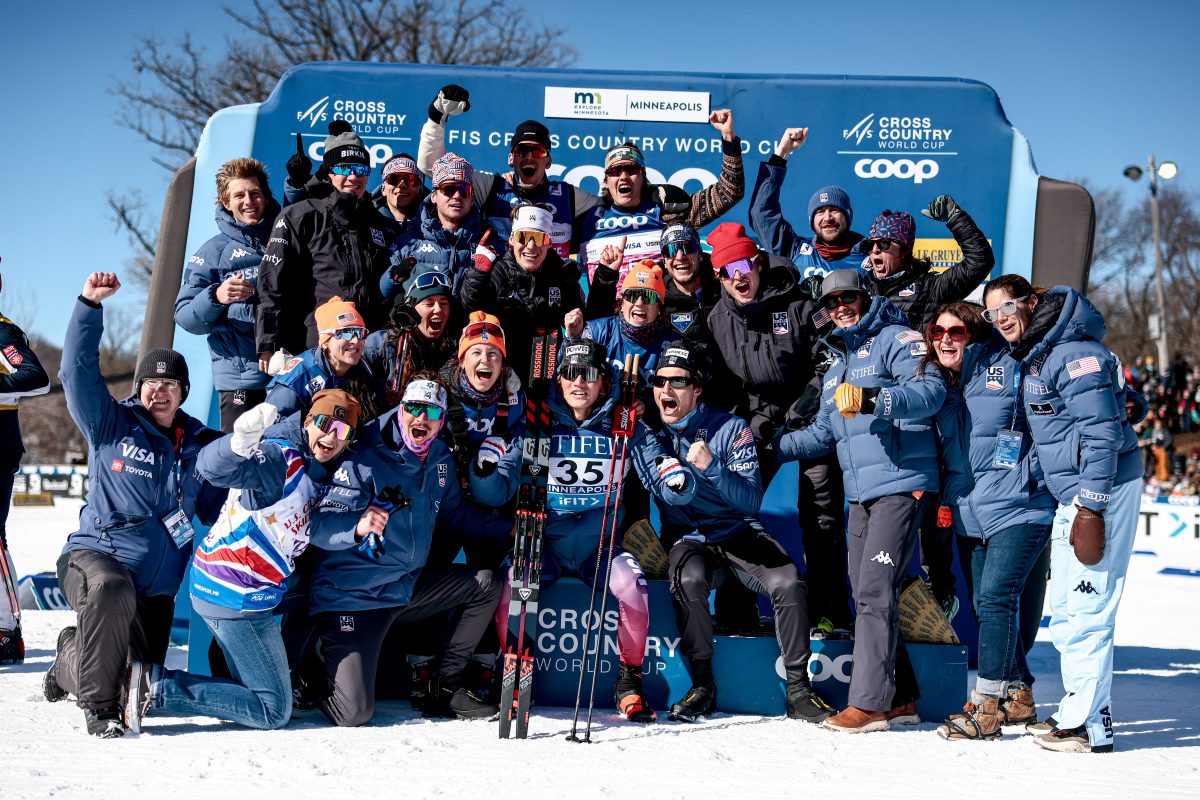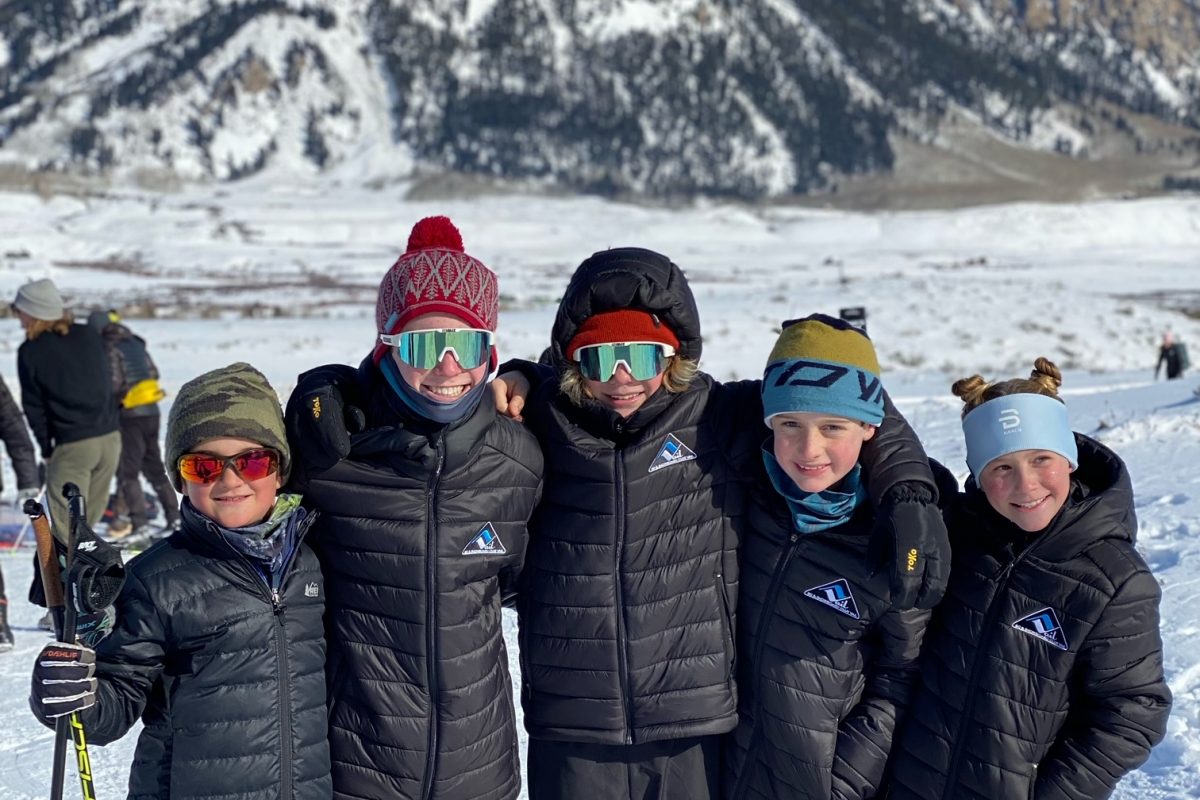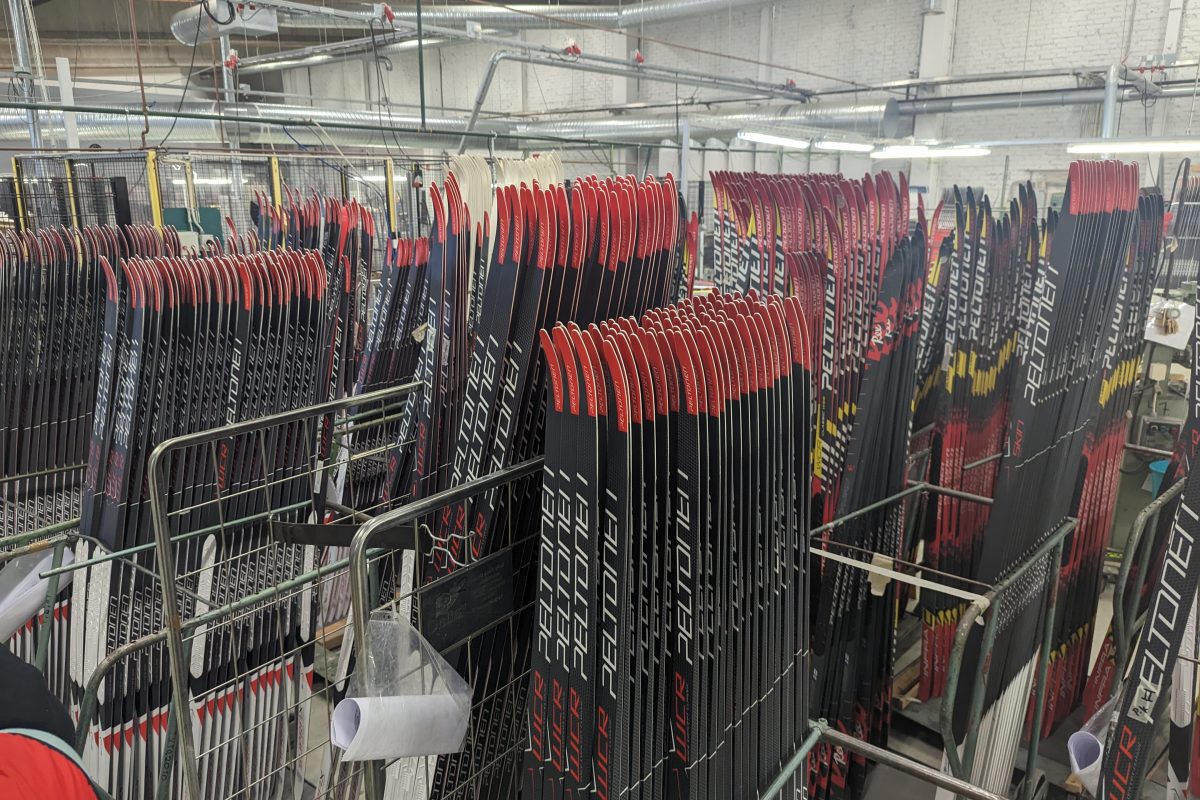
AUBURN, N.H. — Fischer Skis announced today it has launched the first Nordic skis with a natural basalt core for remarkable effects on ski weight and performance. Available on four ski models, Fischer’s new Air Core Basalight technology significantly reduces weight to deliver a superior cross country skiing experience. Furthermore, replacing conventional fiberglass with volcanic basalt fibers supports the environment.
Fischer’s Air Core Basalight technology is now available on the new CRS Vasa Skate and Classic models as well as the Superlight Crown and Wax skis. By replacing fiberglass with basalt, Fischer brings the weight of the skis close to the more expensive carbon fiber skis. The CRS Skating Vasa is now 70 grams lighter than its fiberglass-core predecessor.
“Basalt’s unique composition is ideally suited for the movements in cross country skiing and ensures perfectly balanced elasticity in the ski,” said Peter Ashley, vice president, Nordic Division, Fischer Skis U.S.A. “With the launch of Air Core Basalight technology, Fischer improves upon ski weight and performance while expanding upon its long legacy of successful green initiatives.”
Fischer’s move to replace a manufactured laminate with the natural fibers made from volcanic rock underscores the company’s commitment to the environment. Using basalt eliminates the chemical-intense process involved in creating fiberglass as well as its harmful byproducts.
Fischer is the first and only ski producer in the world to rely on 100 percent renewable energy and employs advanced environmental protection procedures company-wide. More information on Fischer’s ecological approach is available at http://fischerskis.com/en/eco_page.php.
Photos are available upon request and via the Fischer image database online at http://fischerskis.com/en/idb.php.
About Fischer Sports Nordic Ski Division
Founded in Austria in 1924, Fischer Sports is the world’s preeminent Nordic ski manufacturer, with a long history of dominating the race circuit as well as recreational sales. Fischer Skis U.S.A. is the top-ranked Nordic ski brand sold in America today. The company also markets bindings, boots and poles for Nordic racing, cruising, touring, jumping, backcountry and recreational skiing. For more information please visit www.fischerskis.com.




2 comments
Tim Kelley
November 30, 2010 at 1:59 pm
Using basalt as a core material is ingenious engineering, and environment friendly. But if Fisher wanted to be more “green” with their skis, why don’t they leave off the plastic NNN plate? For the many thousands of skiers that choose to mount Salomon bindings on their new Fischers this binding plate becomes unnecessary waste plastic that never had to be manufactured in the first place. Fischers have always been my skis of choice, and probably always will be. But IMO if you talk “green”, then you should walk “green” and not manufacture petroleum-intensive plastic parts of a ski that aren’t used by many of your customers.
packerbacker
December 1, 2010 at 6:01 pm
Tim-
This is a poorly informed post. To begin, the NIS plate replaces a stiffener that was previously hidden by the topsheet of the ski that served to enhance the strength of the binding area so as the binding wouldn’t pull out. So, there is a material net-neutrality in that respect. However, with the NIS plate, there are no screws used AND no glue. So, if looked at in a “green” context, the NIS system is better, especially with the new Accelerator bindings, which use very little material at all. Salomon bindings mount directly onto the plate with no problem, increasing the versatility of the skis; if you want to switch binding companies, unscrew the Salomon bindings and slide on the NNN! Don’t get me wrong here, I’m not sure manufacturing skis can be portrayed as a “green” process. But, improvements can be made in reducing the toxicity of products, carbon footprint, etc., which are all good. So, if they can grab more of a market share, “many” of Fischers’ customers may actually use NNN and thus exact a positive influence on the “greenness” of the market.
My two cents…